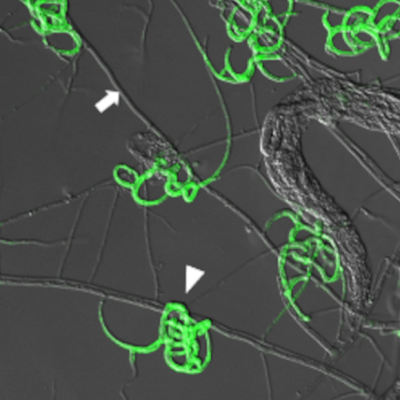Forgetting memories is not a mistake, but a special form of learning. According to a study by Trinity College Dublin, the brain could delete memories from the memory to adapt to constantly changing environments. This could help humans better adapt to the changing world and make better decisions. The study found that forgetting is not negative, but rather a useful function of the brain.
The researchers analyzed the effect of natural, everyday forgetting of certain memories. They trained mice to associate a specific object with a context and then recognize that object in a new context. However, the mice forgot these associations when competing experiences collided with the first memory. The researchers marked context-specific cells (engrams) that store a specific memory in the brains of the mice genetically to examine the effects of this form of forgetting on memory itself. They observed the activation of these cells after forgetting and found that the stimulation of context-specific brain cells with light could restore seemingly lost memories.
The study supports the idea that there is competition between engrams in the brain, leading to some data being deleted from memory. The researchers found that forgotten memory traces can be reactivated and updated with new information through natural or artificial cues. The constant flow of environmental changes leads to the encoding of multiple engrams that compete for consolidation and expression.
In conclusion, forgetting memories is not a mistake, but rather a useful function of the brain. The study by Trinity College Dublin sheds light on the competition between engrams in the brain and how forgotten memories can be reactivated and updated with new information. This could help humans better adapt to the changing world and make better decisions.










